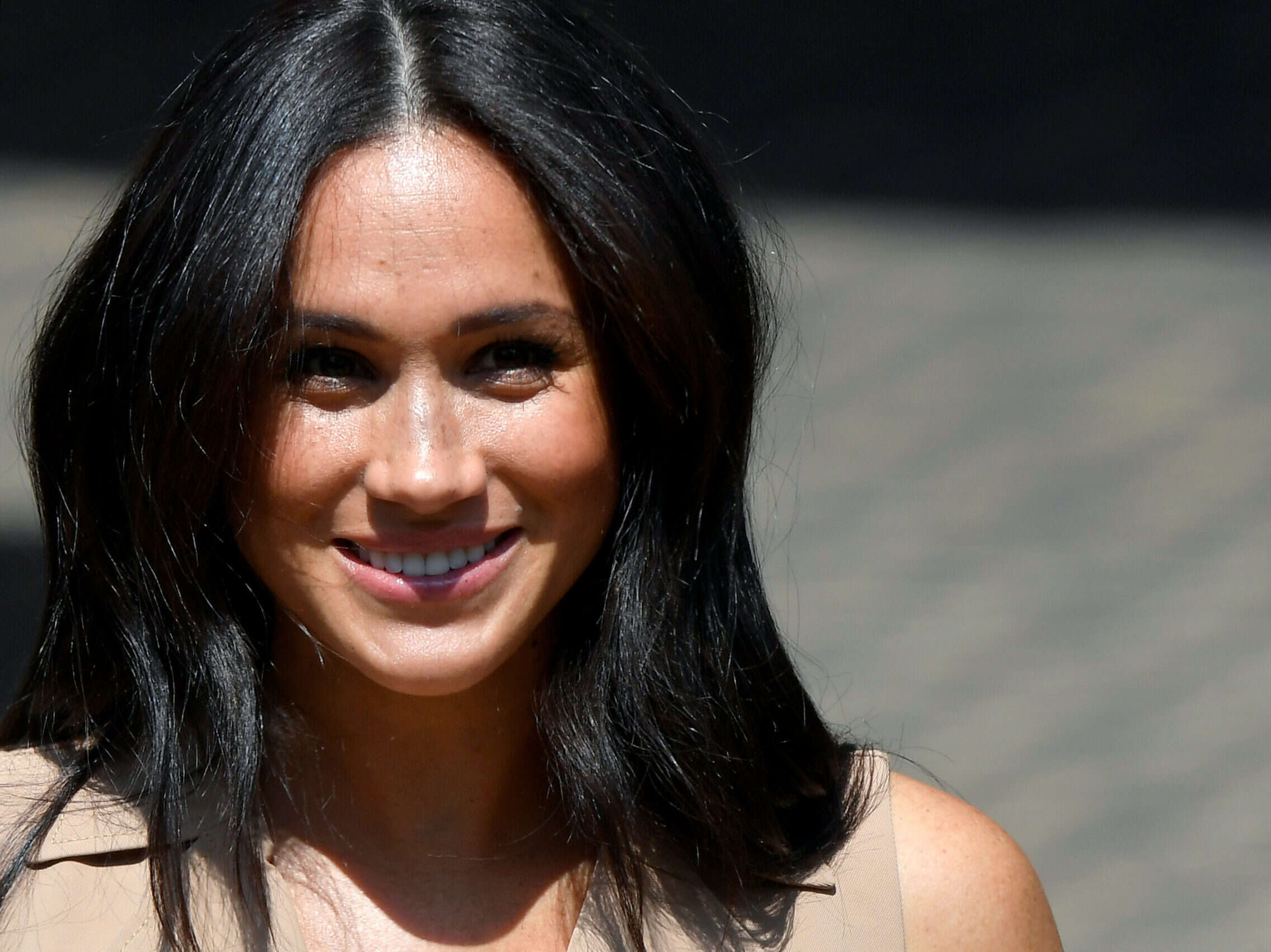
Meghan Markle did not know her close friends had given an interview to a US magazine revealing the existence of a “highly personal letter” she had sent to her estranged father, new court papers reveal.
The letter is at the centre of a legal dispute between the Duchess of Sussex and Mail publisher Associated Newspapers after the Mail on Sunday published some of its contents on 10 February last year.
Extracts from the letter, which included a snippet of Markle’s handwriting, also appeared on Mail Online.
The Duchess is suing for breach of privacy, copyright and data protection laws. The first hearing in the case is due to be held remotely this week.
She claims publication of her letter to her father was “intrusive and unlawful”. Associated Newspapers said it will “vigorously” defend the case.
The Mail on Sunday story came days after an interview with five unnamed close friends of Meghan was published by People magazine in the US, in which it was claimed her father had “never called” or texted her.
The friends, said to have been women from Meghan’s “inner circle”, first revealed that Meghan had sent her father a letter after her wedding and that he had written back asking her for a “photo op”.
Papers setting out Markle’s claim, filed with the High Court this week, say she was not aware of the interview or that her friends would reference the letter to her father, Thomas Markle, or his response to it.
Her lawyers state: “…the truth is that the author did not know that such an interview had been given or, more importantly, that any reference would be made to the letter…”.
The US actress claims there is no proof that she procured or authorised the reference to the letter in the magazine interview.
In the letter, sent in August 2018 shortly after her marriage to Prince Harry, the duchess expressed her heartbreak over the breakdown in her relationship with her father.
In its defence, Associated Newspapers said Mr Markle told the Mail on Sunday that he felt the contents of the letter had been “falsely portrayed” during the interview with People magazine.
It said he shared his correspondence with his daughter with the newspaper along with his own account on its contents and their estrangement.
Associated Newspapers says its articles “properly and accurately” covered “misleading” reporting of the dispute between Mr Markle and his daughter and the contents of their letters.
It said: “The People interview depicted Mr Markle as having acted unreasonably and unlovingly, having cold-shouldered his daughter, and being solely to blame for the estrangement between father and daughter. This was a one-sided and/or misleading and false narrative.”
The publisher claims information contained in the People interview “could only have come (directly or indirectly) from the claimant” not least because it presented events “in a way favourable to her”.
In court papers, Markle’s lawyers say that following visits to see the duchess in London in early 2019 “some of her close circle of friends became extremely concerned at the aggressive attacks upon her in the media and the palpable and profound impact which this was having upon her, especially as she was vulnerable as well as heavily pregnant at the time”.
“As a result, one of her closest friends decided that they should help by arranging to give anonymous interviews to this American magazine whose editor was a very good friend of hers in which they might explain what [Meghan Markle] was truly like (as opposed to the tabloid portrayal of her).”
In her claim, Markle says she “had no knowledge that her friends would make any reference to the letter or its contents, the intention of sending it, or the response that her father sent, nor would she ever have agreed to this being done had she been made so aware”.
Markle also denies knowing or believing that her father would seek to publicise the contents of her letter, or disclose it to the media, as claimed by lawyers for the defence.
Associated Newspapers claimed Markle expected the letter to be read by others when she sent it and her “elaborate” handwriting over its five neat pages is proof that this is the case.
Markle denies this and said the letter was “originally drafted in electronic form and then written out in longhand”. Court papers say she “trained in calligraphy since she was at school and practiced it professionally to support her early acting career”.
She said its contents were an “accurate reflection” of her “personal thoughts towards her father”.
Picture: Reuters/Toby Melville
Email pged@pressgazette.co.uk to point out mistakes, provide story tips or send in a letter for publication on our "Letters Page" blog
